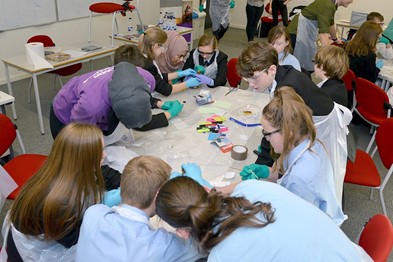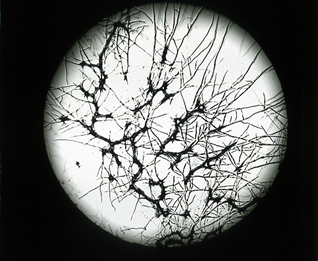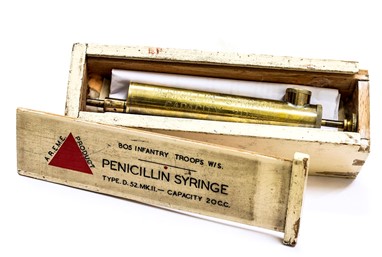“And this is the place Henry Royce strolled with Rolls/Where literacy, search groups and museums were extolled…. and lots besides.”
Not the best rhyme in the world but we thought we’d take inspiration from Tony Walsh since the day started with a session on poetry by Martin Kratz, projects manager for Manchester Poetry Library. Our venue, The Midland Hotel - famed as the first meeting place for Mr Rolls and Mr Royce - was a treat. We were certainly ‘made at home and made to feel welcome’ and it was great to see lots of familiar faces as well as meeting some new ones from the region and beyond. Martin explained there are over 200 languages spoken in Manchester; something with a number of implications when trying to engage with residents of the city. The session was really interesting and we came away with ideas for a poetry workshop that we’d like to explore for our service.
After the morning break we rattled through sessions on evidence forums, peer searching, search alerts, health literacy, social media and current awareness bulletins, finishing with an overview of the Health Librarianship module at MMU. These quick-fire talks are an excellent way to pick up golden nuggets from other library professionals that can be used or adapted for our own service. We’re already planning to implement some changes to our social media practices based on ideas we picked up from the session by Yvonne Stubbington.
There was a change to the afternoon session owing to travel disruption, sadly colleagues from The Keyll Darree Library weren’t able to attend due to cancelled flights but David Stewart stepped in with an impromptu question and answer session and a poem! But before that we had a talk by Stephanie Seville from the University of Manchester, on the Museum of Medicine and Health.
Stephanie talked about the University of Manchester’s collection of over 8,000 objects relating to the history of teaching and practicing medicine, housed in the museum in the Stopford Building where the Medical School is based. The Museum of Medicine and Health forms part of the University Collections, and is managed through Social Responsibly in the Faculty of Biology, Medicine and Health. Stephanie gave an overview of how the collection was formed and what it is used for today - in public engagement and teaching and learning. The collection has recently been renamed, the Beswick Collection in honour of Dr F. B. Beswick (1925-2019), the Medical School’s Executive Dean, who founded the museum. Dr Beswick was instrumental in the plans and design of a new medical school which opened in 1973. At this time the Stopford Building was the largest university building in the UK. Objects often relate closely to the University’s Special Collections. For example, over 150 objects were donated by Professor G.A.G Mitchell (1906-1993) and Special Collections hold his publications and personal papers. Professor Mitchell was Professor of Anatomy from 1946 until his retirement in 1974. He served in the Royal Army Medical Corp in the Middle East and North Africa. He pioneered penicillin use in military surgery and he was awarded an OBE in 1945. Mitchell helped to re-establish the Medical School after World War II and restructure the teaching of anatomy. One of his early rules was to ban students smoking in the dissection room!
Over the last five years the Museum of Medicine and Health has contributed to the Art Galleries and Museum Studies MA course, ensuring students get practical and hands-on experience with real collections, and each year the museum hosts a schools event for around 50 Year Eight pupils from local schools targeted by the Widening Participation programme, to enable fairer access to education for talented students regardless of their background. The day was a great opportunity to share the collections with everyone and hopefully this will lead to future joint working or collaborations. All enquiries welcome.
The day flew by, finishing with writing themed group exercises delivered by Maria Grant. Overall we felt the variety of presentations gave us lots to think about and work with in future. This was an excellent event, one we’d highly recommend for those who haven’t attended before.



Left to right: Inspiring Futures event, bone repair challenge activity; Lantern slide showing penicillin, sent to Professor G.A.G. Mitchell by Sir Alexander Fleming; Penicillin syringe used at the Normandy Landings donated by Professor G.A.G. Mitchell
Sandra Johnson (Clinical Librarian, Royal Bolton Hospital Library)
Kelly Doolan (Library Assistant, Royal Bolton Hospital Library)
Fran Morrisroe (Librarian, The Rotherham NHS Foundation Trust)
Yvonne Stubbington (Clinical/ Outreach Librarian - St Helens & Knowsley Teaching Hospitals NHS Trust)
Steph Seville (Heritage Officer, Museum of Medicine Health in Social Responsibility and Public Engagement Team, Faculty of Biology, Medicine and Health)

